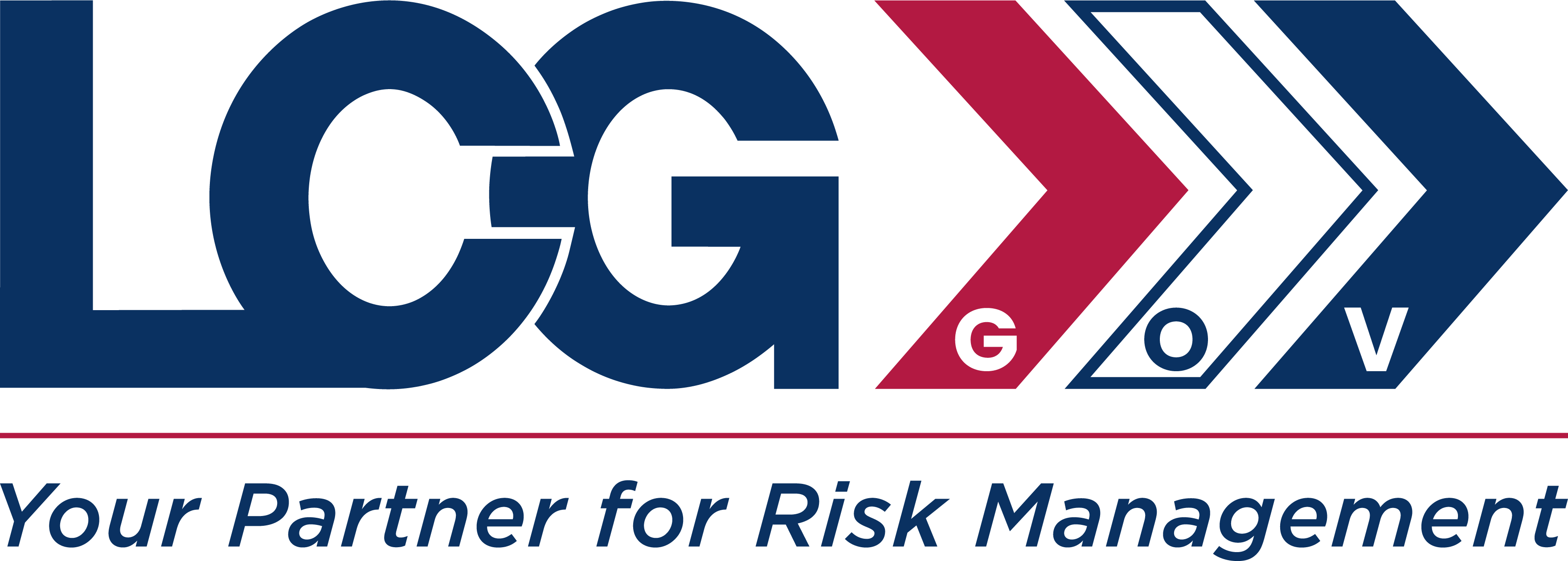Contributed by Ken G. Tisdel, President & CEO, LCG Discovery Experts
Introduction: Why Quantum Computing Matters for Government Agencies
Technology is evolving at an unprecedented pace, and one of the most disruptive innovations on the horizon is quantum computing. Unlike traditional computers, which store and process data using binary bits (0s and 1s), quantum computers use quantum bits (qubits), allowing them to perform multiple calculations simultaneously. This ability stems from two key principles of quantum mechanics:
- Superposition – A qubit can exist in multiple states (0 and 1) at the same time, drastically increasing computational power.
- Entanglement—Entangled qubits can instantaneously affect each other regardless of distance, enhancing their processing capabilities for complex problems.
The best way to understand Superposition and Entanglement and “how” a quantum computer works is by explaining the process it follows vs. the computers we have been utilizing up to this point. Imagine presenting a computer with the challenge of completing a vast and complex maze, like the size of Texas, with millions upon millions of incorrect paths that must be taken to identify the correct path from Start to Finish. Traditional computer systems will try each one of these paths, one at a time, until it finds the proper path to the finish line. A quantum computer tries EVERY path AT ONCE, identifying the correct path within seconds!
Quantum computing has the potential to revolutionize cybersecurity, artificial intelligence (AI), supply chain logistics, and big data analytics. However, it also presents significant risks, particularly for government agencies responsible for national security, law enforcement, and critical public services.
How Quantum Computing Benefits Government Agencies
- Cybersecurity and Encryption Protection
Government agencies rely on encryption to protect classified data, communications, and national security assets. Traditional encryption methods, such as RSA (Rivest-Shamir-Adleman) and ECC (Elliptic Curve Cryptography), are based on mathematical problems that classical computers cannot quickly solve. However, quantum computers could break these encryption methods in seconds, posing a significant security threat to federal, state, and local governments. To mitigate this risk, agencies must transition to post-quantum cryptography (PQC)—a new class of encryption designed to withstand quantum attacks. The National Institute of Standards and Technology (NIST) is actively developing quantum-resistant encryption algorithms, which agencies must begin adopting before quantum computers reach their full potential.
- Advanced Artificial Intelligence and Data Analytics
Government agencies handle vast amounts of data, from public records to intelligence gathering. Quantum computing can dramatically improve AI-driven decision-making, particularly in:
- Fraud detection – AI-powered quantum analytics can help detect anomalies in Medicare, tax, and financial fraud investigations.
- Predictive policing – Law enforcement agencies can use quantum computing to analyze crime patterns and optimize resource allocation.
- Climate and disaster forecasting: Quantum computing enhances climate modeling, allowing for more accurate predictions of hurricanes, wildfires, and other natural disasters.
- Strengthening National Security and Defense Capabilities
Quantum computing has significant applications for defense and intelligence agencies:
- Quantum radar systems—Stealth technology can deceive traditional radar systems. Quantum radar, however, can detect invisible threats, enhancing military surveillance.
- Secure communications – The U.S. Department of Defense (DoD) is exploring quantum key distribution (QKD) to create ultra-secure military communications.
- Supply chain security: Quantum algorithms can help secure military supply chains, ensuring that weapons and defense technologies remain tamper-proof.
- Optimizing Public Services and Smart Cities
Quantum computing can improve infrastructure management and public service efficiency across local and federal agencies:
- Traffic and transportation systems – Quantum AI can predict congestion patterns, optimize public transit schedules, and reduce accidents.
- Emergency response systems – First responders can use quantum simulations to predict and mitigate emergency scenarios, improving disaster preparedness.
- Healthcare and pharmaceuticals – Federal health agencies like the CDC and NIH can accelerate drug discovery and disease modeling using quantum-enhanced AI.
The Quantum Threat: Risks to Government Cybersecurity
While quantum computing offers numerous benefits, it also introduces severe security vulnerabilities.
- The End of Traditional Encryption
Most of today’s government systems use public-key cryptography (RSA, ECC, and AES) to protect sensitive information. Quantum computers, particularly those using Shor’s Algorithm, will be able to break these encryption methods, exposing:
- Classified government communications
- Citizen data and Social Security numbers
- Military and intelligence records
- Election security and digital voting systems
- Cybersecurity Risks for Local, State, and Federal Agencies
Government agencies must prepare for “harvest now, decrypt later” attacks, where adversaries store encrypted data now and decrypt it when quantum technology becomes available. This threat extends to:
- State & Local Governments (SLED) – Municipalities store voter registration data, police reports, and tax records that could be compromised.
- Federal Agencies – Intelligence services such as the CIA, NSA, and FBI could face breaches exposing classified operations.
- Public Infrastructure – Quantum-powered cyberattacks could disrupt power grids, water systems, and emergency services.
- Quantum Computing in the Hands of Adversaries
Governments worldwide are racing to achieve quantum supremacy, but adversarial nations could use quantum capabilities for:
- Cyber espionage – Intercepting government and military communications.
- Financial system attacks – Crippling economic stability through banking and stock market breaches.
- Artificial intelligence warfare – Using quantum AI to disrupt U.S. cybersecurity defenses.
Preparing Government Agencies for the Quantum Future
To ensure national security and data protection, agencies at all levels—local, state, and federal—must take proactive steps to prepare for the quantum era.
- Transitioning to Post-Quantum Cryptography (PQC)
Government agencies must replace vulnerable encryption protocols with quantum-resistant cryptographic algorithms. The NIST Post-Quantum Cryptography Standardization Project is already working on quantum-safe encryption, which is expected to be finalized in the fiscal year 2025.
- Federal Leadership in Quantum Policy
The U.S. National Quantum Initiative Act (NQIA), signed into law in 2018, established a roadmap for:
- Quantum research funding – Over $1.2 billion in federal investment.
- Collaboration between government, academia, and private industry.
- Development of a quantum-ready cybersecurity framework.
State and local governments must align with federal quantum security policies to ensure consistent protection across all levels of governance.
- Training Government Personnel on Quantum Security
Government agencies must train IT and cybersecurity teams to understand and implement quantum security protocols. This includes:
- Updating risk assessment frameworks to account for quantum threats.
- Conducting post-quantum cryptographic audits.
- Developing incident response plans for quantum cyberattacks.
- Collaborating with the Private Sector
Public-private partnerships will be essential for staying ahead of quantum cybersecurity threats. Agencies should work with:
- Tech giants like IBM, Google, and Microsoft are leading quantum research.
- Universities and research labs, such as MIT and the National Quantum Computing Center.
- Cybersecurity firms specializing in quantum-resistant encryption solutions.
Conclusion: A Quantum-Ready Future for Government Agencies
Quantum computing is no longer a distant theory—it is a rapidly approaching reality. Government agencies must act now to:
- Adopt post-quantum cryptography
- Develop quantum-aware cybersecurity strategies
- Collaborate with federal and private-sector quantum initiatives
The transition to a quantum-safe digital infrastructure is essential to protect national security, public services, and critical government data. The question isn’t whether quantum computing will change government operations—it’s whether agencies will be prepared in time.
Is Your Agency Quantum-Ready?
LCG Discovery Experts offers cybersecurity consulting and quantum risk assessment for SLED and federal agencies. Contact us to future-proof your agency’s security against quantum threats.
References
| # | Source | Link |
| 1 | NIST Post-Quantum Cryptography | https://csrc.nist.gov/projects/post-quantum-cryptography |
| 2 | U.S. National Quantum Initiative Act | https://www.quantum.gov/ |
| 3 | NSA Quantum Computing Security Advisory | https://www.nsa.gov/ |
| 4 | IBM Quantum Computing Research | https://www.ibm.com/quantum |






